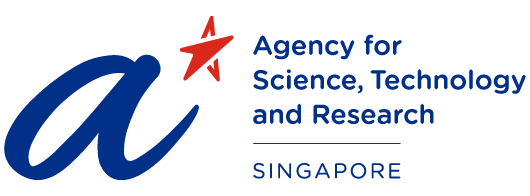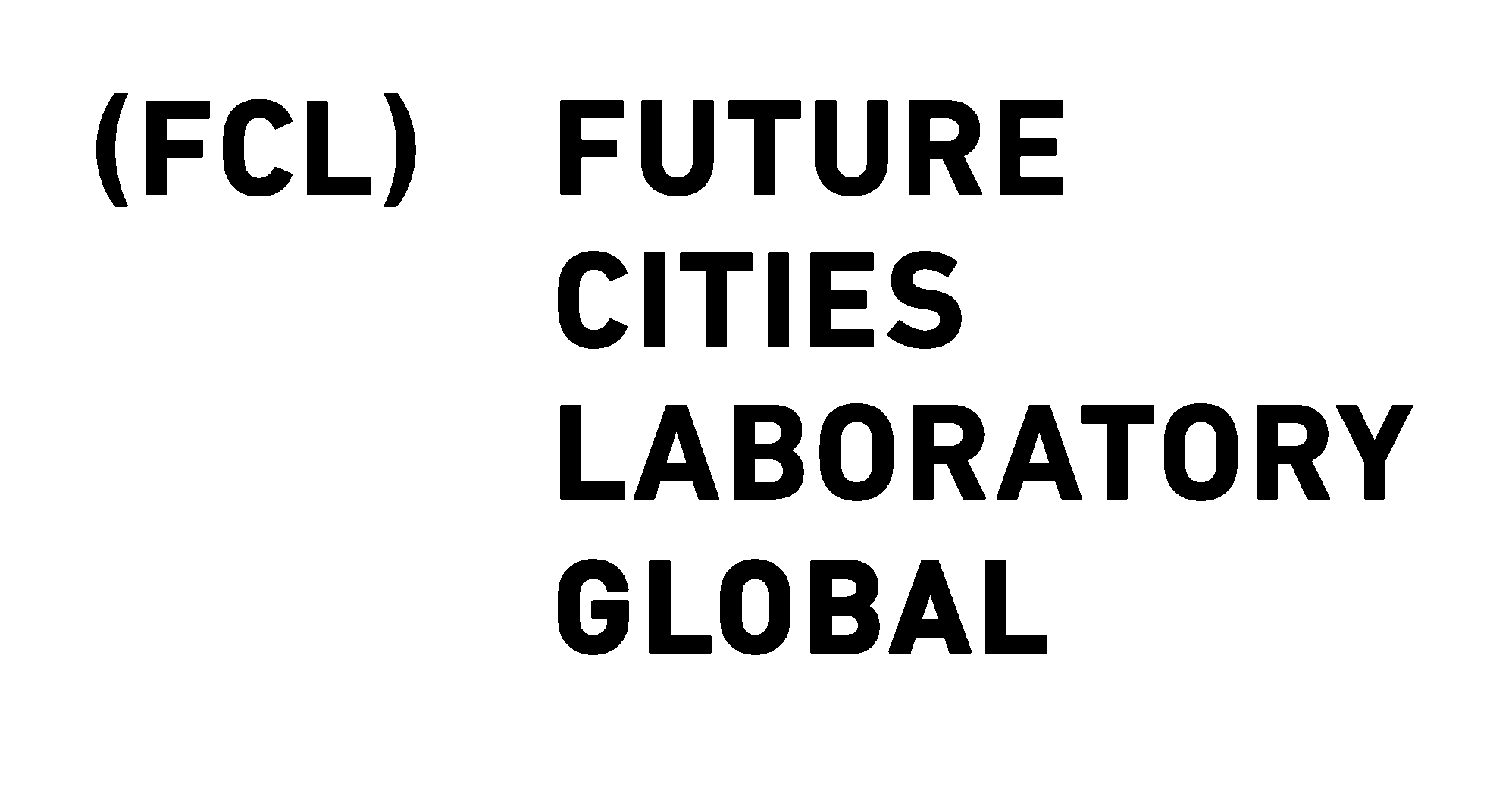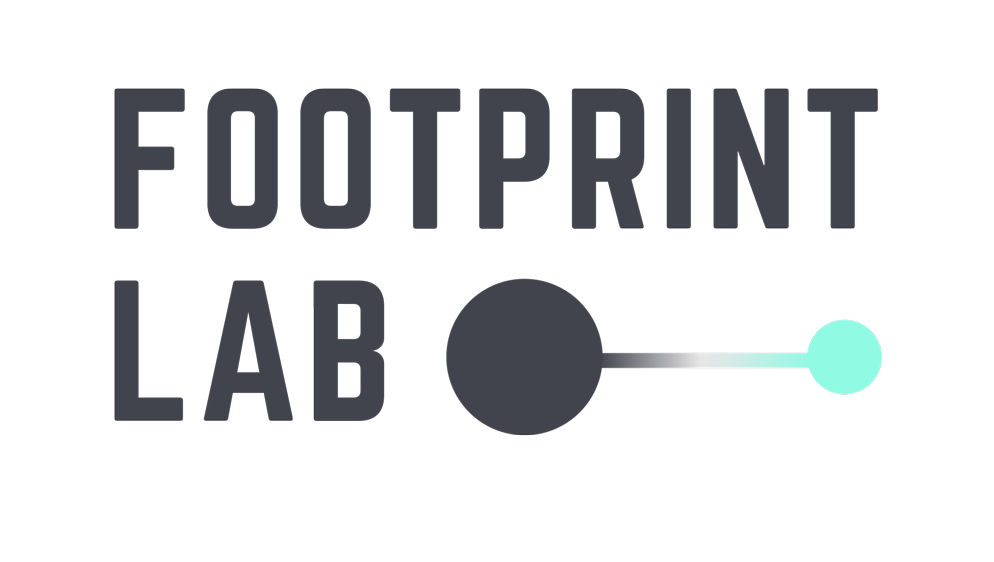0
days
0
hours
:
0
mins
:
0
seconds
It is our great pleasure to invite you to attend the 12th International Conference on Industrial Ecology (ISIE2025) of the International Society for Industrial Ecology, to be held from July 1-4, 2025 at one of the World's top university - National University of Singapore.
This will be preceded by the Symposium on Industrial Ecology for Young Professionals (SIEYP), which will take place on 30 June 2025 at the same location. Following a successful ISIE2023 conference in Leiden, the Netherlands, we're excited to host our society's biennial event in the vibrant city of Singapore in 2025. The theme of the conference is Interconnectivity. ISIE2025 welcomes the submission of abstracts to present at the conference as well as special session proposals. Please visit the call for abstracts page to submit your abstracts and special session proposals. The conference connects professionals, academics and students all over the world to share ideas, insights, innovations and methods. We invite you to get inspired and connect with our community.

ISIE2025, to be held in Singapore 1-4 July 2025, is the 12th biennial conference of the International Society for Industrial Ecology (ISIE).
The theme of the conference is Interconnectivity – recognizing the mutual dependencies. This can be between industry, society, governance and the environment, the different scales of human settlements, and, of course, the circular material and political relations that are core to the world view of industrial ecology.
The location, economy and outlook of Singapore is the inspiration for this theme of interconnectivity and interdependence. As a thriving city, Singapore is a hub of international trade and transport, a centre of commerce and industry. While it is fundamentally dependent on the global hinterland, it is also a guardian of regional stability and sustainable practice. As an urbanised island, Singapore reminds us of the challenges of sustainable development, self-sufficiency and the pursuit of circular resource management within physical boundaries.
Related concepts make use of the prefix “IN” to remind attendees that the inclusive nature of Industrial Ecology makes it an intellectual home for a broad range of disciplines and topics in sustainability science.
During the Singapore ISIE2025 conference, we will acknowledge and promote our connectedness and discuss the challenges the world is facing. We will explore the changes that are necessary to remain within planetary boundaries, and the solutions that could be employed in a technical, behavioural and organisational sense to meet these challenges.
ISIE2025 welcomes the submission of abstracts for presentation at the conference. Please visit the call for abstracts page to submit your abstracts and special session proposals.
Chris Kennedy is a Professor of Industrial Ecology at the University of Victoria in British Columbia. He has worked for over 30 years on the world’s toughest environment and sustainability challenges, from climate change, waste and pollution to declining biodiversity. Chris has been a consultant to several national governments and international institutions, including a secondment to the OECD in Paris. He was previously a professor at the University of Toronto, and a visiting professor at Oxford University and ETH Zürich. Chris is a Fellow of the Canadian Academy of Engineering, and a former President of the International Society for Industrial Ecology.
Dr. Kennedy is the author of three books:
To address the contemporary challenge of global climate change requires a major transition in energy systems – and accompanying technology. Conventional macroeconomic theory, however, is relatively poor at capturing technological change. The fundamental role of core underlying technologies such as steam engines, tractors and personal computers has consistently been downplayed or neglected by macroeconomics. Therefore, we turn to the paradigm of socio-economic metabolism – with emphasis on studying energy and material flows – to gain enhanced understanding of how economies grow and change.
Using examples from the 19th, 20th and 21st centuries, this presentation reinterprets economic history from a socio-metabolic perspective. It draws upon an assemblage of the author’s recent studies, which methodologically include energy-extended input-output analysis, time series analysis, and development of biophysical economic models. From understanding the pivotal role of steam engines and coal in the Industrial Revolution, we turn to a radical reinterpretation of the 1930’s Great Depression as an energy transition. Then into the 21st century, the information technology revolution sees growth in capital assets with evolution towards relatively constant energy use in both the US and Chinese economies.
Distinguished Professor Bai joined ANU in 2011, as a professor of Urban Environment and Human Ecology at the Fenner School of Environment and Society. Prio to ANU, she was a Senior Principal Research Scientist at CSIRO, visiting professor at Yale University, and senior researcher at environmental research institutes in Japan. She is a Visiting Professor at The University of Tokyo.
Professor Bai's research focuses on several frontiers of urban sustainability science and policy, including drivers and consequence of urbanization, structure, function, processes, and evolution of urban socio-ecological systems, urban metabolism, urban sustainability experiments and transition, cities and climate change, and urban environmental policy and governance, and cross scale translations between planetary level boundaries and targets into cities.
Professor Bai authored/co-authored over 200 publications, including near 30 in Nature, Science and Nature Research journals. She is serving as Coordinating Lead Author for the IPCC Climate Change and Cities Special Report, and in the past served as a Lead Author for the Millennium Ecosystem Assessment, the Global Energy Assessment, IPBES Global Assessment and IPCC AR6. She delivered invited lectures/seminars at top academic institutions as well as keynotes at many international conferences and science/policy forums. She supervised award-winning PhD and Honours students.
Professor Bai is a member of Earth Commission, where she co-leads its Working Group on cross scale translation that aims to connect cities and businesses to planetary and earth system boundaries. She was an inaugural member of the Science Committee of Future Earth where she served as inaugural co-chair of the Urban Knowledge-Action Network. She served as the Vice Chair of the Science Committee of the International Human Dimensional Program for Global Environmental Change (IHDP); Science Steering Committee of IHDP Industrial Transformation Core Project; and Steering Committee of US National Academies Sustainable Cities Initiative. She served on the European Research Council assessment panels for Consolidator and Advanced grants, and was a member of Global LafargeHolcim Award Jury for 2018.
She is a Fellow of Academy of the Social Sciences in Australia since 2017, and was named one of the World's 100 Most Influential People in Climate Change Policy in 2019 and 2021. She is the 2018 Laureate of the Volvo Environment Prize, and the 2021 Global Economy Prize. She is an ARC Laureate Fellow since 2023
Since its introduction in 2009, the Planetary Boundary (PB) framework has been used to assess the upper limits of human-induced impacts on the Earth system without compromising critical earth system functions. Building on and extending the PB framework, the Earth Commission has integrated justice perspectives into Earth system sciences, proposing Safe and Just Earth System Boundaries (S&J ESBs) for five of the nine PB domains. For these planetary-level boundaries to be meaningful in practice, they must be connected to and comprehensible for actors at all levels, enabling them to guide concrete actions.
This talk explores how to translate PBs and S&J ESBs for actors across different scales-- particularly cities and businesses—thereby mobilizing not only national but also critical subnational actors. Such translation is inherently challenging, as it involves a complex process encompassing multiple steps, normative judgements, and uncertainties. There is a strong demand from both research and practice for the development of scientifically robust, transparent, and just principles and method of translation.
Drawing on recent publications and ongoing work within the Earth Commission’s Translation, Actors and Agency workstream, this talk will synthesizes existing literature to identify and characterize common sharing approaches, put forward ten principles of translation, and outline an initial protocol for translation. It will also examine the remaining scientific and methodological challenges of cross scale translation and explore how the industrial ecology community can contribute to addressing them.
Prof Linda Godfrey is a Principal Scientist at the CSIR and Extraordinary Professor at North-West University, South Africa, and holds a PhD in Engineering. With over 25-years of sector experience, she manages Circular Innovation South Africa on behalf of the Department of Science, Technology and Innovation. She has provided strategic input to a number of local, regional and international waste and circular economy initiatives for the United Nations, European Union, World Bank, South African Government, business and academia. She lectures internationally on solid waste management, and on the circular economy in the context of developing countries. She has published extensively in the field.
Anu Ramaswami is an interdisciplinary environmental engineer and professor at and environmental engineering, and the High Meadows Environmental Institute. She has pioneered sustainable urban systems science and knowledge co-production for developing low-carbon, healthy, and equitable cities. Her work explores how eight key sectors – that provide water, energy, food, buildings, mobility, connectivity, waste management and green/public spaces – shape human and environmental wellbeing, from local to global scales. Ramaswami’s work integrates environmental science and engineering, industrial ecology, public health and public affairs, with a human-centered and systems focus. She is the author of more than 100 peer-reviewed articles, published in leading journals such as Science, Nature Climate Change, Nature Sustainability, Proceedings of the National Academy of Sciences (PNAS), Environmental Science & Technology, and Environmental Research Letters. She is the inaugural director of the M.S. Chadha Center for Global India at Princeton University, the lead principal investigator and director of the National Science Foundation (NSF)-supported Sustainable Healthy Cities Network, and serves on the United Nations Environment Programme’s International Resource Panel. In 2022, she received the American Academy of Environmental Engineers & Scientists Science Award and the Steven K. Dentel Association of Environmental Engineering & Science Professors Award for Global Outreach.
Dr. Heinz Schandl, PhD, is a senior science leader at the Commonwealth Scientific and Industrial Research Organisation (CSIRO) in Canberra, where he directs the Circular Economy Initiative and coordinates research efforts in this area. Additionally, he is an adjunct professor at Nagoya University’s Graduate School of Environmental Studies in Japan, a member of the UN Environment Program International Resource Panel, and a past president of the ISIE. His research focuses on social theory, industrial metabolism, and sustainability policy to advance resource efficiency, waste minimization, and circular economy principles.
The Global Resources Outlook reveals a stark reality: global material use continues to rise unsustainably, fuelling environmental degradation and escalating climate risks. In the Asia-Pacific, a region characterised by rapid industrialisation, growing consumption, and ecological vulnerability, this challenge is acute but also presents a transformative opportunity. This keynote examines the regional implications of global resource trends, focusing on how circular economy strategies and net-zero policy shifts can reorient development pathways. Drawing on the latest data and insights from the International Resource Panel, it outlines actionable pathways for resource decoupling, systemic innovation, and regional cooperation. The presentation calls for a new governance compact, anchored in cross-sectoral alignment and enabling policy frameworks, to realise a sustainable and regenerative economy in the Asia-Pacific.










